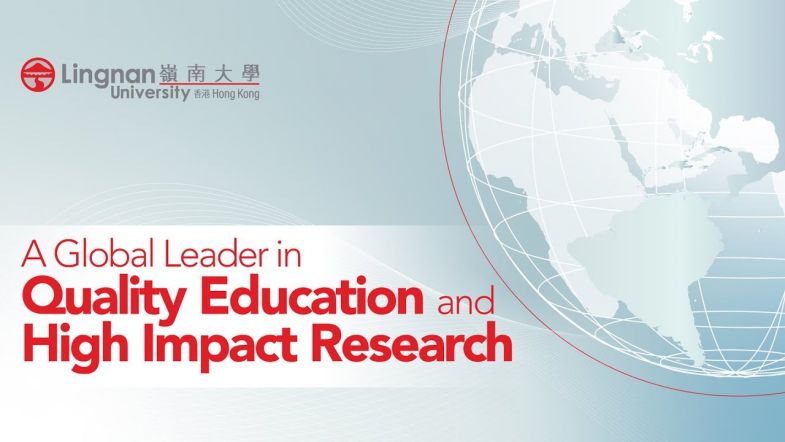A Leading Liberal Arts University
A Leading Liberal Arts University

A Leading Liberal Arts University


The humanities and social he humanities and social science programmes at Central South University (CSU) are grounded in strong theoretical origins, but they also have great practical application and inform decisions about the use of resources.
DIGGING DEEP INTO VILLAGE CULTURE FROM THE PAST
Basic science underpins all engineering advances. At Central South University (CSU), strong physical science programmes drive its many breakthroughs in nonferrous metals and railroad transportation research. They integrate research, application, teaching and talent cultivation, with established strengths in new energy materials, surface and interface physics, probability theories, and advanced computing technologies.
NEW ENERGY MATERIALS
Personalized healthcare is the goal of many biomedical studies seeking treatments and cures based on individuals’ genetic makeup, lifestyle and the environment they live in. At Central South University (CSU), biomedical researchers are working on pharmacogenomics and building DNA resource banks, laying the groundwork for better precision medicine. The integration of biomedicine and engineering, two traditional CSU strengths, has brought new research avenues to the century-old Xiangya School of Medicine at CSU.
TRANSPORTATION ENGINEERING
With its origins in the Hunan Advanced Industrial College, established in 1903, CSU’s rail transit academic cluster includes transport and civil engineering programmes. New technologies and systems developed by our researchers range from train structure design and safety testing systems, to railway bridge and subgrade design. Their work underpins the safety of high-speed trains, increases their speed, and extends their service life.
On the strength of 100 years of mineral studies performed by Hunan Industrial College, CSU has built the world’s most comprehensive academic cluster around nonferrous metals, ranging from geology and mining, to metallurgy, materials science and machinery engineering.
GEOLOGY
Access to the Earth’s rich mineral resources is limited by prospecting technologies. China’s deep Earth exploration plan develops equipment and methods to explore at two to five kilometres underground.
The latest research from YouGov show that innovative online courses, alumni case studies and being taught skills are emerging as the biggest drivers for attracting undergraduates
This year’s university applicants must make their final choices by tomorrow (18 June) despite uncertainties over whether teaching will be moved online. Can they learn anything from how degree-educated Brits feel about their studies now?
The good news first: Most people with a degree say going to university was worthwhile. Gaining knowledge and skills is the reason that ranks highest among graduates at 87%.
With help from UAEU, the World Values Survey is continuing to inform governments, analysts, journalists and agencies worldwide